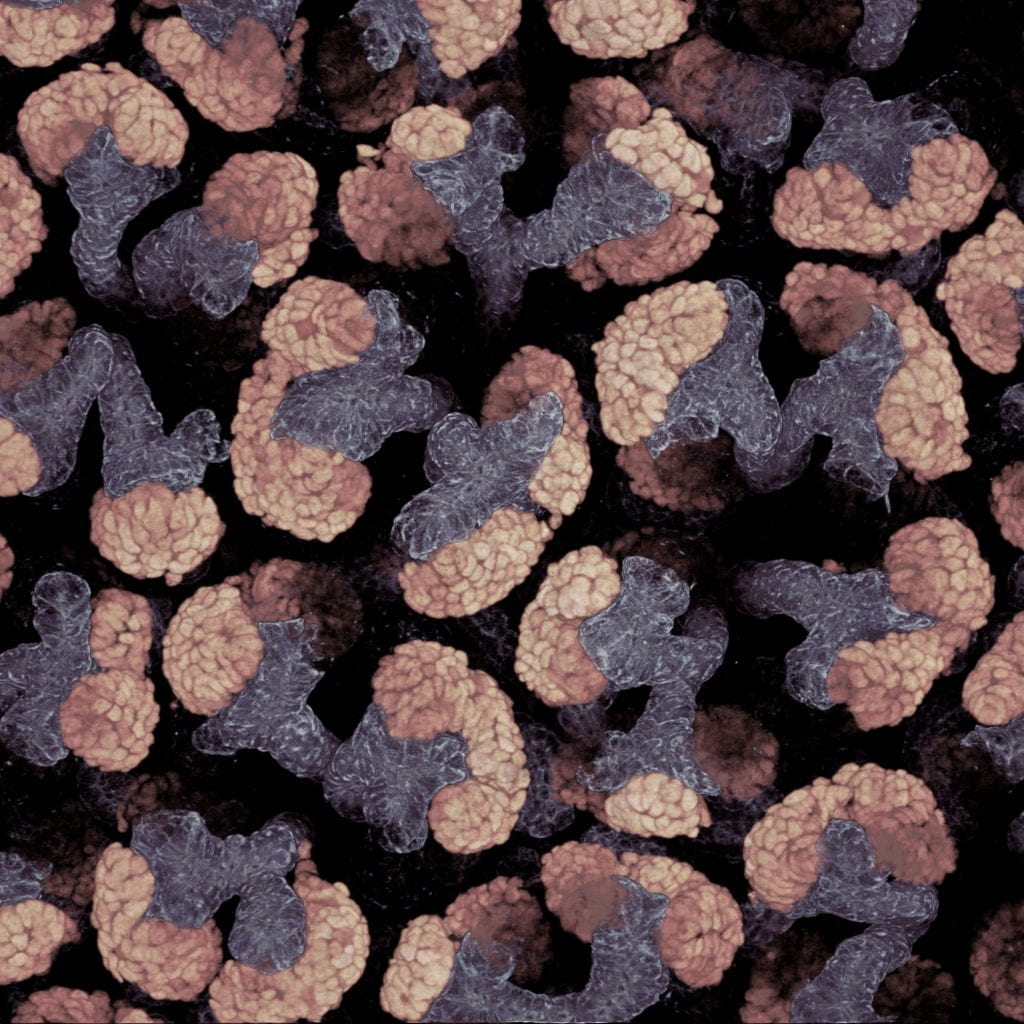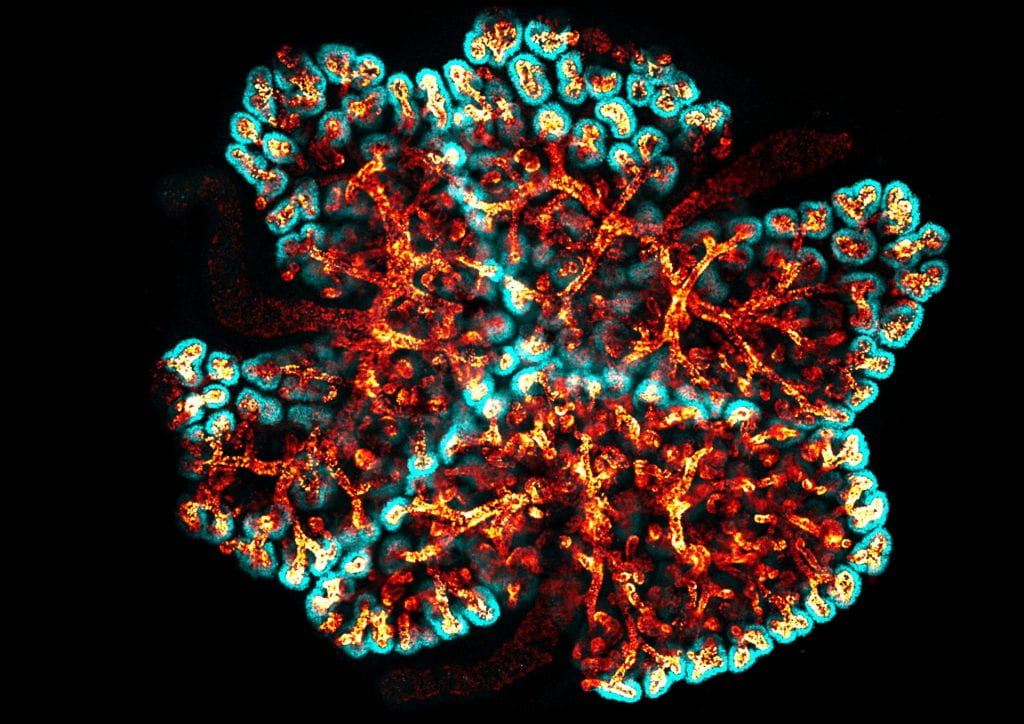Our lab studies the molecular mechanisms that control how progenitors that exist during development differentiate into the broad range of cell types that underpin adult organ function. We integrate single-cell omic approaches with new microscopy and computational tools to understand how genetic changes cause abnormal differentiation in the kidney and model these genetic changes in the renal stem-cell derived organoid with the aim of identifying new treatments for kidney disease.
Dr. Nils Lindström, PhD
Assistant Professor, Stem Cell Biology and Regenerative Medicine
Eli and Edythe Broad CIRM Center for Regenerative Medicine and Stem Cell Research at USC
1425 San Pablo Street, BCC 413
Los Angeles, CA 90033-9080
nils.lindstrom@med.usc.edu

